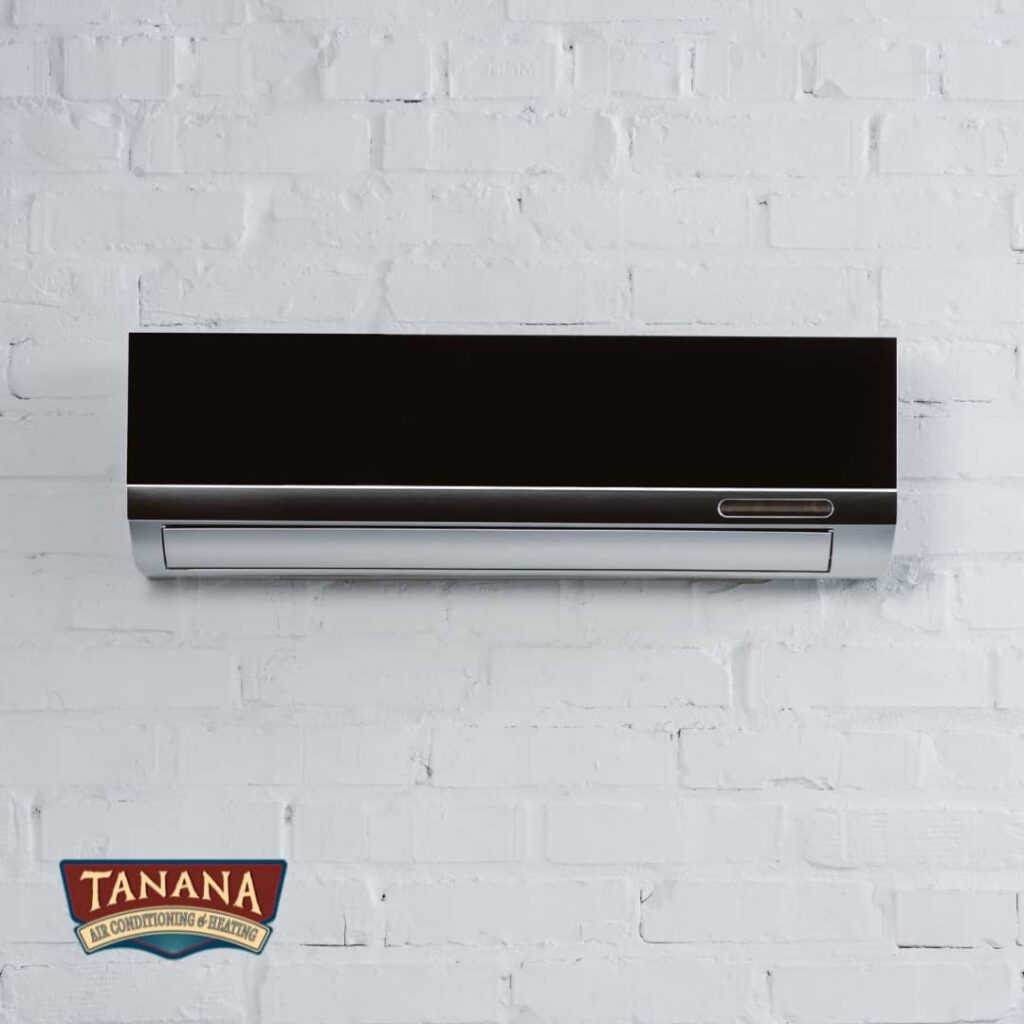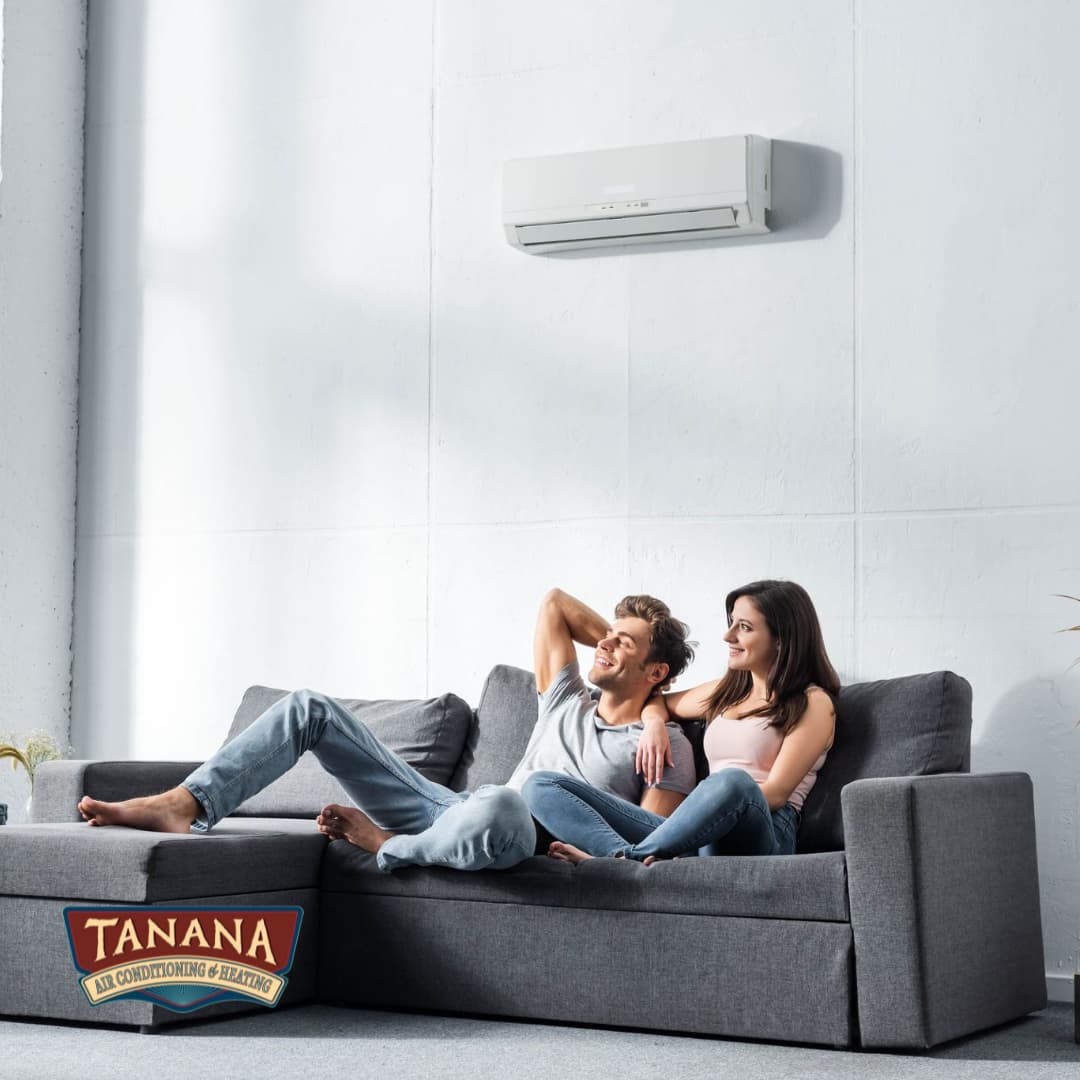When the blistering sun of Las Vegas strikes, the last thing you want is a faulty air conditioner or, even worse, an undersized unit that can’t deliver the cooling relief you need. Many homeowners often overlook one crucial factor in their comfort: the size of their air conditioning unit. Choosing the right size air conditioner is paramount to ensure efficiency, comfort, and cost savings on your utility bills. You might ask, “How do I determine the perfect size for my space?” In this article, we’ll dive deep into the considerations needed to find the correct air conditioning size tailored specifically to the needs of your home in the vibrant city of Las Vegas.
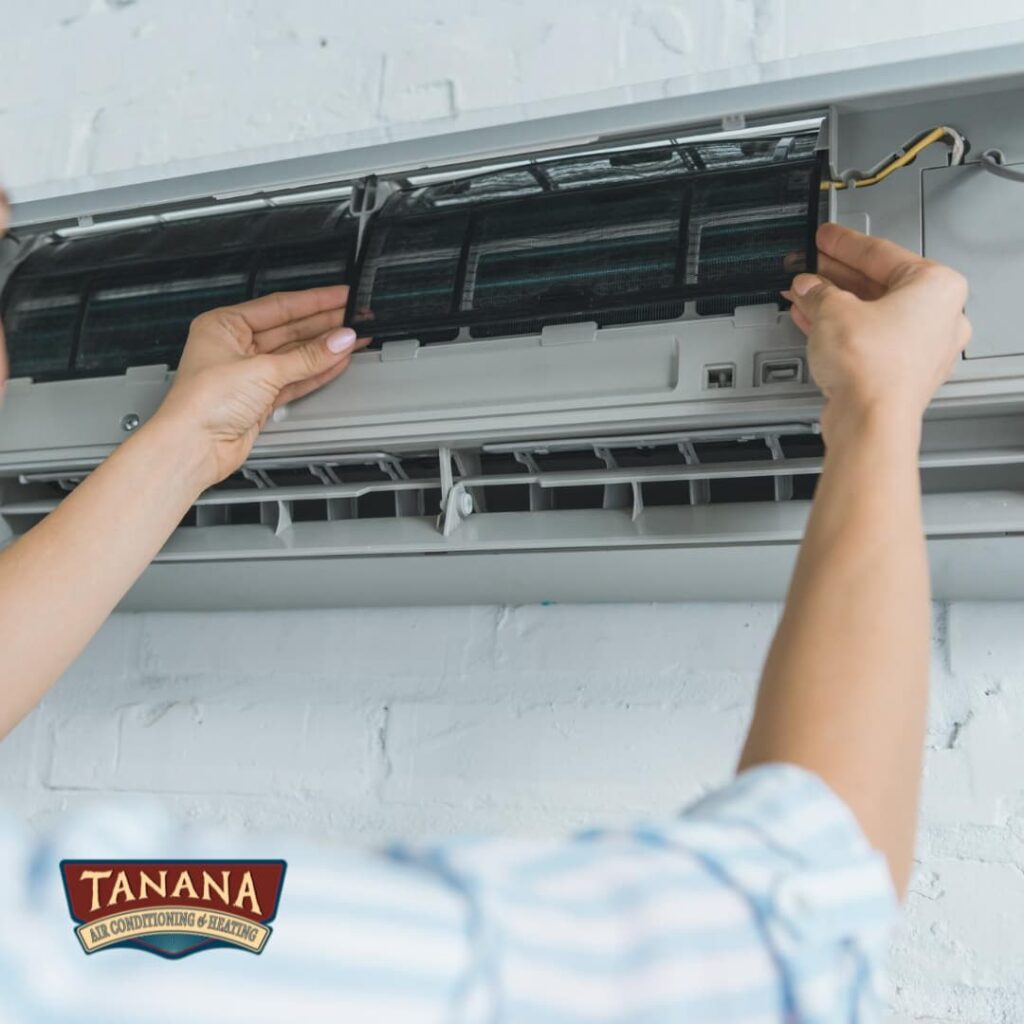
Understanding the Importance of Proper Sizing
Most homeowners don’t realize that air conditioners are not a one-size-fits-all solution. If your air conditioning unit is too small, it will struggle to cool your space, running continuously and leading to higher energy bills while never quite making it comfortable. On the flip side, an oversized unit can cycle on and off too frequently, leading to inefficient cooling and increased wear and tear, not to mention potential humidity issues. Therefore, achieving the right balance is essential for maintaining an efficient, effective, and economically sensible cooling solution.
When considering the size of an air conditioner, we usually refer to its cooling capacity, which is measured in BTUs (British Thermal Units). It’s vital to match this cooling capacity with your space’s specific needs. Understanding BTUs and other related factors can be the key to selecting the optimal air conditioner, ensuring you enjoy a comfortable environment during the peak summer months in the heart of the desert.
Key Factors That Affect Air Conditioner Size
The sizing of an air conditioner isn’t merely about square footage; numerous elements interplay to determine the ideal size. Here are several crucial aspects to consider:
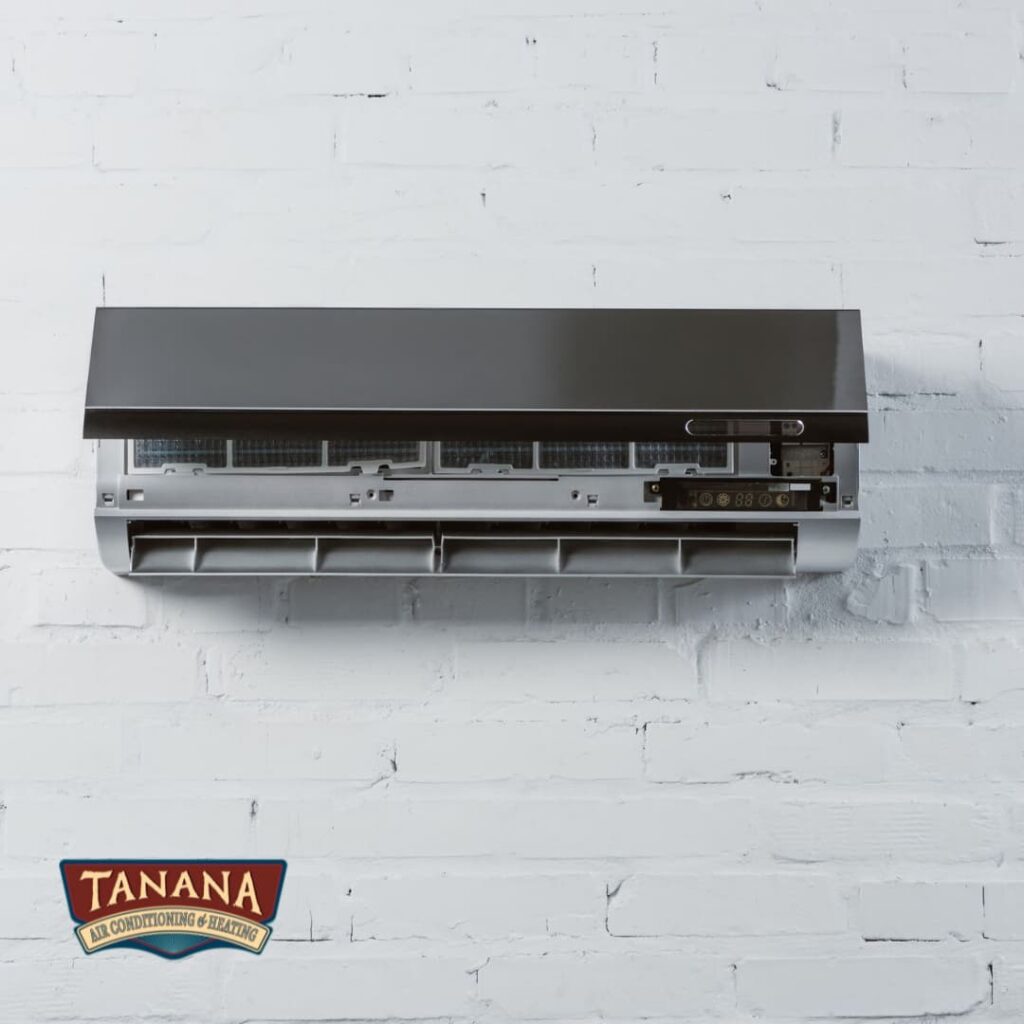
1. Square Footage of the Space
The first step in figuring out what size air conditioner you need is determining the square footage of the area you want to cool. Measure the length and width of each room in feet, then multiply these numbers to find the area in square feet. For instance, if a room measures 20 feet by 15 feet, the total area would be 300 square feet (20 x 15 = 300).
Here’s a quick reference chart to help you understand the approximate BTUs required per square footage:
| Square Footage | BTU Requirement |
|---|---|
| 300 – 400 sq ft | 7,000 – 8,000 BTU |
| 400 – 600 sq ft | 8,000 – 12,000 BTU |
| 600 – 1,000 sq ft | 12,000 – 21,000 BTU |
| 1,000 – 1,200 sq ft | 21,000 – 24,000 BTU |
| 1,200 – 1,600 sq ft | 24,000 – 36,000 BTU |
2. Ceiling Height
The standard ceiling height of houses in Las Vegas is typically around 8 feet. However, if your ceilings are higher, this will influence the calculation of the necessary cooling capacity. For every additional foot of height above 8 feet, you may need to add BTUs to ensure adequate cooling. Consider this a friendly reminder; if you have those grand ceilings, your air conditioning needs may be different.
3. Insulation Quality
How well your home retains cool air plays a significant role in determining the size of the air conditioner you’ll need. If your home boasts high-quality insulation, your cooling requirements may be lower. Conversely, if your house has poor insulation, more BTUs will be necessary to overcome the heat gain in the summer. Substantial windows, doors, and skylights can also put additional strain on your unit.
4. Sunlight Exposure
Las Vegas is known for its sunny weather, and if your home receives substantial sunlight, it can increase the cooling load. A south or west-facing house with large windows will gain heat through sunlight during the hottest parts of the day. If extensive sunlight exposure characterizes your home, this can add an extra 10% to your BTU requirements.
5. Number of Occupants
More occupants mean higher heat output. Each person in a room can add about 600 BTUs to your load, so consider how many people usually occupy your home. More residents require more cooling capacity, especially during peak summer times when the air conditioner also has to deal with heat generated by cooking, appliances, and electronic devices.
6. Heat-Generating Appliances
Consider the appliances that are commonly in use. If you have a lot of heat-generating devices – such as an oven, a dryer, or even multiple computers – these can affect your overall cooling needs. Each one of these appliances can add extra heat to your home and should be factored into the sizing equation.
Accurate BTU Calculation: The Manual Process
So, how do we take all these factors into account to accurately calculate the number of BTUs required for your air conditioner? The following is a basic guideline you can follow:
- Measure the space: Get the square footage by multiplying room length x room width.
- Adjust for high ceilings: For every additional foot above 8 feet, add 10% to the total BTUs calculated so far.
- Evaluate insulation quality: If your home is poorly insulated, add an additional 10-20%.
- Consider sunlight exposure: Increase your BTU count by 10% for south or west-facing rooms with big windows.
- Count occupants: Add 600 BTUs for each additional person beyond the first two occupants in the room.
- Factor in appliances: Adjust the BTU requirement by adding an extra 400 BTUs for an additional heat-generating appliance.
By following these calculations, you’ll obtain a more personalized BTU estimate tailored to your unique home conditions.
Using Tools for Air Conditioner Sizing
While the manual calculation offers a great starting point, you no longer have to rely solely on paper and pencil. There are multiple tools and online calculators available that can simplify this process. They typically require you to input your room dimensions, insulation quality, and additional factors. These calculators automatically provide you with a BTU estimate.
By using these online tools, you can double-check your manual calculation or confirm your assumptions. Always ensure that the tool you use is reputable, particularly those found on official HVAC websites since they provide guidelines based on industry standards.
Choosing the Right Type of Air Conditioner
Once you’ve figured out the size of the air conditioning unit you need, the next important blanket is selecting the suitable type of AC system. The right type not only affects energy efficiency but also can play a huge role in your comfort level.
1. Central Air Conditioning Systems
In Las Vegas, central air conditioning systems are one of the most popular home cooling options. These systems consist of an outdoor compressor and an indoor unit that distributes the cool air through ducts. They are ideal for larger homes due to their ability to cool multiple rooms simultaneously. When properly sized and maintained, central systems can efficiently cool your entire home.
2. Ductless Mini-Split Systems
Ductless systems offer flexibility and efficiency, especially in homes without existing ductwork. These air conditioners consist of an outdoor unit and one or more indoor units mounted on walls or ceilings. Each indoor unit can be individually controlled, making them perfect for multi-zone cooling, which means you can tailor the comfort in different spaces.
3. Window Air Conditioning Units
If you are looking for a more budget-friendly option or only need to cool a single room, window ACs are a great choice. They are typically easy to install, require little maintenance, and can cool one room efficiently. However, window units may lack the powerful cooling capabilities of central or ductless systems, making them less suitable for larger areas.
4. Portable Air Conditioners
Portable units offer tremendous flexibility, allowing you to move them from room to room as needed. They don’t require permanent installation but typically only cool small areas or single rooms effectively. Portable air conditioners exhaust heat through a window, and while convenient, they are less energy-efficient compared to other types of AC systems.
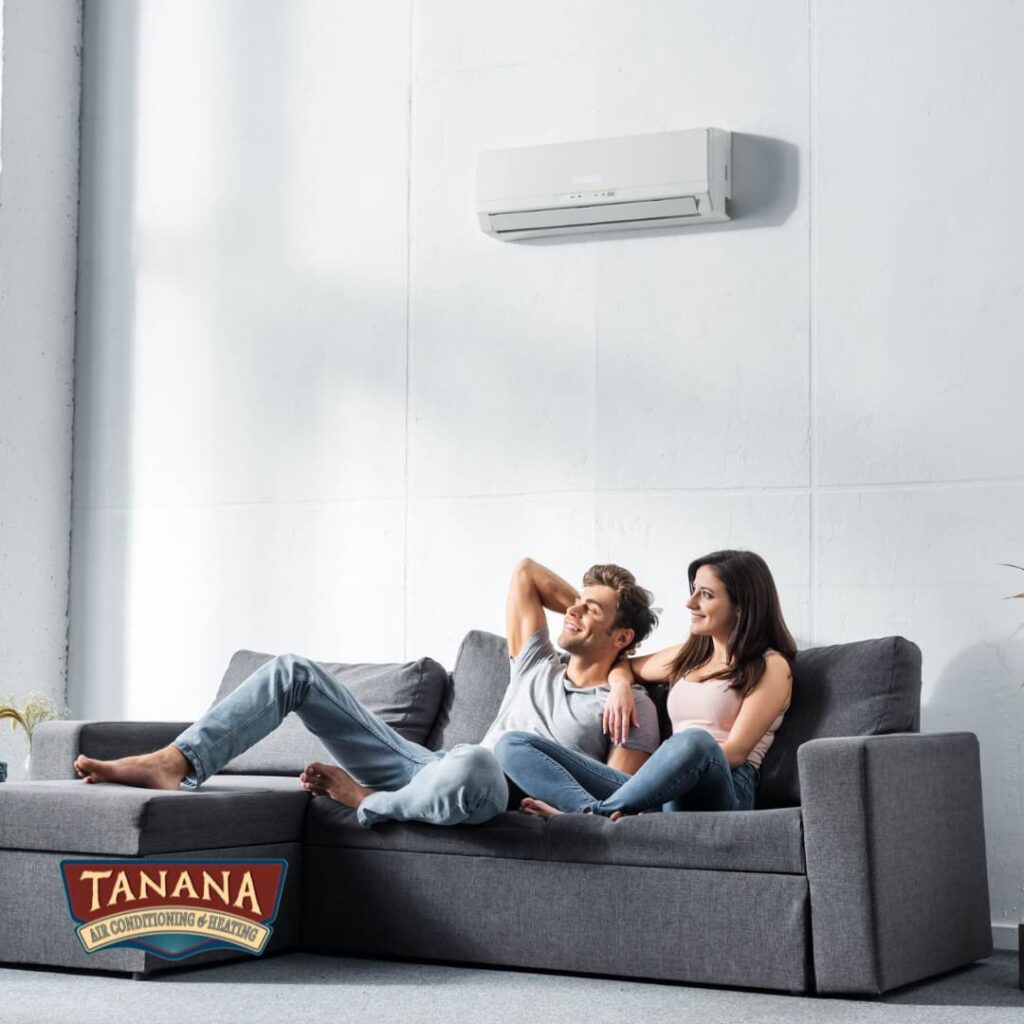
The Role of Energy Efficiency Ratings
Energy efficiency is another vital consideration when selecting an air conditioner. You want to look for units that are efficient to save on energy bills while still providing the comfort you need. Two primary measurements will help you evaluate the efficiency of HVAC systems: SEER (Seasonal Energy Efficiency Ratio) and EER (Energy Efficiency Ratio).
Understanding SEER and EER Ratings
SEER is a measurement that refers to a unit’s cooling efficiency over an entire cooling season, while EER represents the efficiency of an air conditioner at a specific operating point. Both of these ratings can give you a good indication of how efficiently an air conditioning system will operate.
Here’s a handy chart for cooling system efficiency:
| Rating Category | Efficiency Rating |
|---|---|
| Minimum SEER Requirement (2015, U.S. Federal Law) | 14 |
| Good SEER Rating | 16-18 |
| Excellent SEER Rating | 19+ |
Investing in units with a higher SEER rating may cost more initially but can lead to significant savings on your energy bills over time.
Professional Installation vs. DIY
After considering what type of air conditioner to purchase and having made your selection, one of the next big decisions you face is installation. You may be tempted to take the DIY route, especially if you’re handy; however, hiring a professional is usually the best course of action for several reasons.
1. Proper Sizing and Installation
Professional HVAC technicians not only have the experience but also the tools to ensure that your air conditioning unit is sized appropriately and installed according to manufacturer specifications. Incorrect installation can lead to even minor discrepancies in performance, efficiency, and lifespan of your unit.
2. Warranty Considerations
Many manufacturers require that an HVAC professional perform the installation to keep your warranty valid. If you attempt a DIY installation and something goes awry, you might end up voiding your warranty.
3. Access to Expertise
Additionally, professionals can often provide valuable advice tailored to your specific situation, such as maintenance tips or suggestions on how to optimize your cooling system. They can also help address existing issues, such as ductwork that may need sealing or replacing.
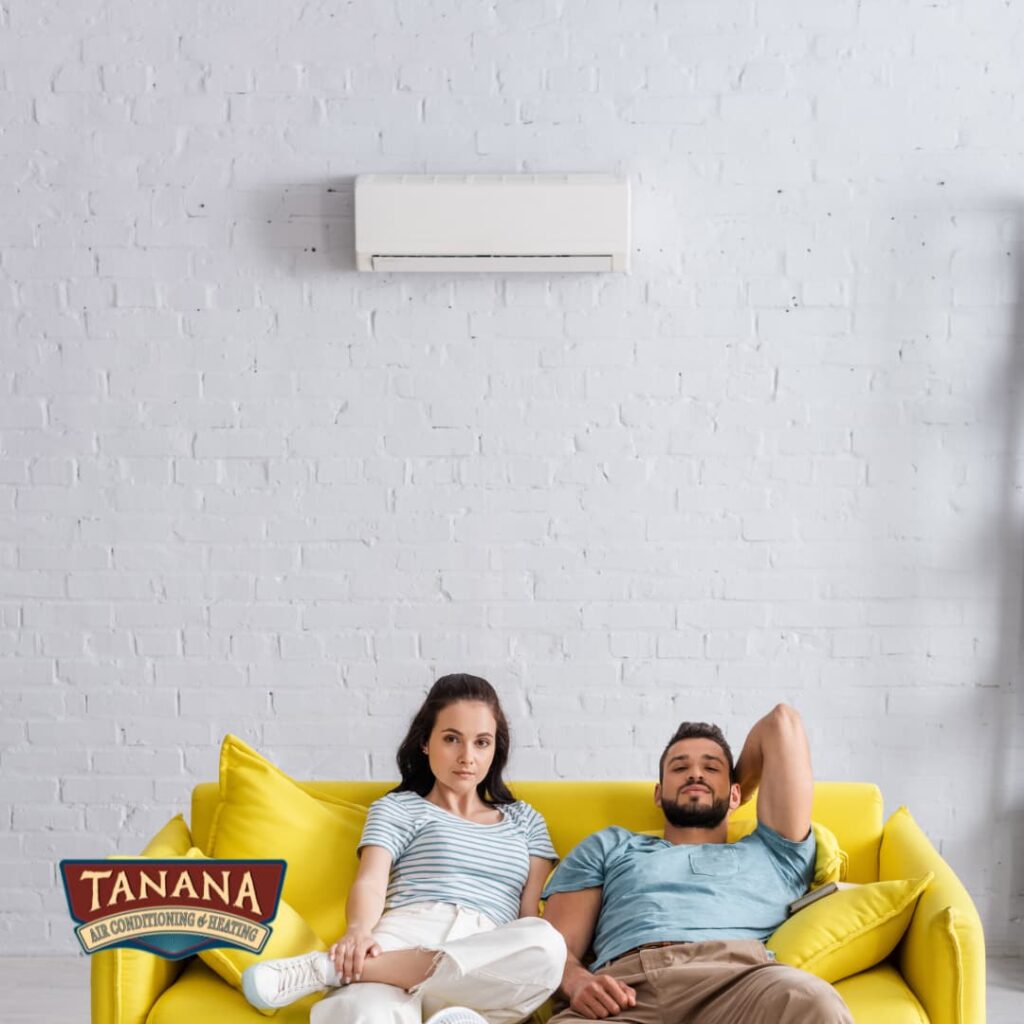
Regular Maintenance for Your Air Conditioner
Once you have determined what size air conditioner you need and had it installed, you must also understand the importance of regular maintenance to keep your system running efficiently. Here are a few essential maintenance tips:
1. Change Filters Regularly
Air filters can become clogged with dust, pet hair, and debris, which can make your system work harder and less efficiently. Check and replace filters at least every three months, or more often if your system is running continuously.
2. Schedule Annual Professional Inspections
Having a professional perform a thorough check on your air conditioning unit each year can help identify potential issues before they become major problems. Professionals inspect and clean moving parts, check the refrigerant levels, and assess overall system performance.
3. Clean the Coils and Fins
Outdoor units can gather dirt and debris over time, which can hinder performance. Regularly clean the coils and fins to ensure your system can cool efficiently.
4. Optimize Placement
Ensure that your outdoor unit has ample airflow and is not obstructed by plants, debris, or other objects. Proper airflow contributes to the efficient operation of your system.
The Way Forward
Choosing the right size air conditioner for your home in Las Vegas is crucial for maintaining comfort and efficiency in the face of the sweltering summer heat. By carefully considering factors such as square footage, ceiling height, insulation quality, sunlight exposure, and the number of occupants, you can arrive at an accurate BTU requirement tailored specifically for your space.
After that, selecting the proper type of air conditioning unit that best suits your needs will ensure you get the most out of your investment. Finally, don’t forget the importance of energy efficiency ratings and regular maintenance to keep your system at peak performance.
Whether you choose to go the professional route for installation or decide to go DIY, understanding what you need can save you time, money, and frustration in the long run. Now that you are informed, you are much better equipped to handle the challenges that come with purchasing an air conditioner, ensuring your home remains your cool oasis in Las Vegas!
Why Choose Tanana Air Conditioning & Heating?
Tanana Air Conditioning & Heating is a family-owned and operated HVAC company that has been serving the Las Vegas Valley for over a decade. They specialize in providing comprehensive cooling and heating solutions for residential and commercial clients. They offer a wide range of services, including AC repair, AC maintenance, AC installation, furnace repair, furnace maintenance, and furnace installation. They also offer indoor air quality solutions, such as air filtration and purification systems. Tanana Air Conditioning & Heating is committed to providing reliable, efficient, and affordable HVAC solutions. They offer upfront pricing, free estimates, and financing options. They also have a team of NATE-certified technicians who are available for emergency repairs.
